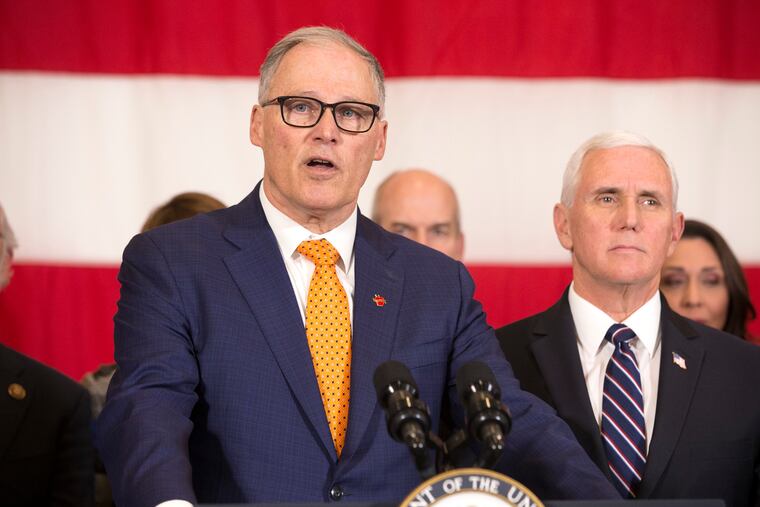For this physician, communication is better medicine than ever in the COVID era | Expert opinion
Whether we are caring for patients or setting national health policy, clear and evidence-based approaches are key to any mode of effective communication. Obscuring the facts will not work.

Today, there are more questions than available answers as the coronavirus has so many of us worried about the future. We don’t know whether we’ll ever have enough testing, or when we will have a vaccine, or whether this might turn out to be the chance to finally, comprehensively, address inequities in health and health care that have plagued our nation for decades.
We don’t even know when it’s safe to leave our homes. Recent polls indicate that 72% of Americans are willing to continue the strict guidelines to shelter in place for as long as is necessary to protect our friends, families, and communities. Others loudly advocate for a more aggressive approach to rebooting the economy, and they, too, are concerned for their families and communities. In the absence of a clear, dependable, and objective arbiter, the public will remain in the middle, bombarded by confusing messages.
Within this context, I am more mindful than ever of the words I choose when I speak with my patients. I am an ophthalmologist, and we have been advised to see only emergency patients. However, as a glaucoma specialist, I am aware that every day may feel like an emergency for patients fearful that they may be losing precious visual function.
So I always begin a call by asking my patient how they are doing in general. Only then do I review their previous visit and ask whether they have noticed changes in their status. Patients have responded with overwhelming gratitude and relief that someone cared to ask how they were doing. When that happens, I sense that, despite the circumstances, I still can contribute to the process of healing. And I am reminded just how much fear there is in the community.
I recently read an article about a man in Detroit who went to three hospitals complaining about tightness in his chest, difficulty breathing, and fever. Each hospital sent him home. Ultimately, he fell asleep in his recliner, exhausted after days of breathing difficulties, and died that evening.
What went so wrong in his interactions at the three hospitals? Did he not have the right words, did the providers simply fail to grasp what he was saying? None of us will ever know. But in his story is the reaffirmation that we as physicians must be clear in our communication and astute in our ability to grasp the severity of a situation even without a full conversation. Our approaches to care must remain evidence-based, our actions acutely responsive.
In some ways, the patient-care experience also provides takeaways for national policy. The guidelines for opening the economy are clear — specifically, the observation of a downward trend in COVID-19 cases for a 14-day period. Clear and evidence-based approaches are key to any mode of effective communication. Obscuring the facts will not work. For example, reporting the testing numbers per thousand individuals rather than the total number of tests provides a fairer comparison across states and countries.
Having a simple, memorable message is also key. The governor of Washington, the first state to have experienced a significant outbreak, stated in his message on April 2, “Stay Home, Stay Healthy.” Of course, front-line workers cannot follow that advice, but they are protected by those who do – as well as by social distancing, hand-washing and wearing face masks. The power of clear communication should not be underestimated during a time when we can only dream of a future when we have a vaccine that controls this invisible culprit.
So, what are key messages for our students, staff, faculty and colleagues in the midst of this pandemic? Be clear, compassionate, and listen to your patient, colleague, friend, and/or communities before delivering your answer or your message, and ensure that it is based on best evidence available. In the words of blogger/author Erin Loechner, “We are not for lack of voices. We are for lack of listeners, those that hear with intention and speak with grace.”
Eve J. Higginbotham is vice dean for diversity and inclusion and a professor of ophthalmology at the Perelman School of Medicine of the University of Pennsylvania.